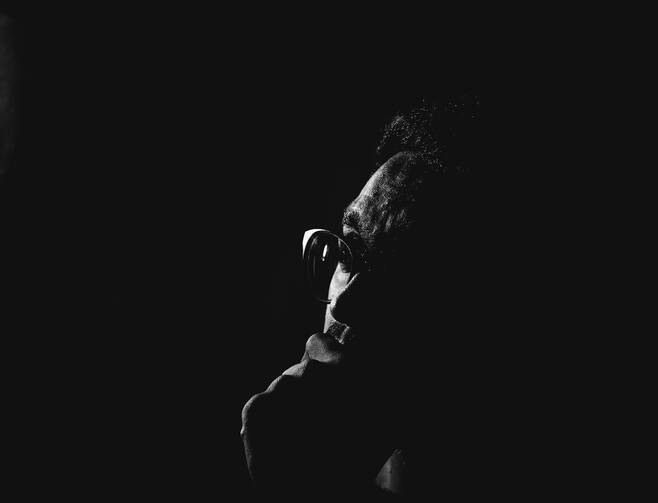A Reflection on the Feast of Saint Bartholomew, Apostle
Find today’s readings here.
But Nathanael said to him,
“Can anything good come from Nazareth?”
Philip said to him, “Come and see” (Jn 1:46).
Most Catholics have experienced doubt in their faith lives at some point. Maybe we want to believe in the promises Jesus has made, but they seem a bit too good to be true. Even if they are true, could an institution as flawed as the church be Christ’s body on earth? And oftentimes, because I’m, well, Catholic, those doubts come with a side of guilt. I look around and see people who seem to have it all figured out, to whom faith appears to come so easily, and wonder what I’m missing.
Today’s Gospel shows us a better way to deal with our doubts. When Nathanael hears that the long-awaited Messiah has not only come but was born in Nazareth, he has his doubts. The savior the prophets foretold in the Scriptures surely can’t be from that backwater village. But what happens next is instructive.
Nathanael did not try to hide his skepticism about the man from Nazareth, and Jesus apparently finds this to be refreshing.
First, Nathanael does not let his doubt cement into certainty. Despite being skeptical of Philip’s claim, Nathanael takes up his friend’s offer to “come and see” the Nazarene for himself. As the novelist Anne Lamott relates being told by a priest, “the opposite of faith is not doubt, but certainty.” In our faith lives, we can let our doubts harden into fixed opinions, or, like Nathanael, our doubts can spur us to curiosity, inspiring us to set off and see where the truth lies for ourselves.
Next, we see Jesus’ reaction to doubt. Instead of admonishing Nathanael as a man of little faith, Jesus compliments him! Before Nathanael says anything, Jesus proclaims: “Here is a true child of Israel. There is no duplicity in him.” Nathanael did not try to hide his skepticism about the man from Nazareth, and Jesus apparently finds this to be refreshing. Why wouldn’t Jesus feel the same way when we bring our doubts to him?
Nathanael, perhaps taken aback by Jesus’ words, then asks him: “How do you know me?”
To which Jesus replies: “Before Philip called you, I saw you under the fig tree.” Jesus sees and knows Nathanael before Nathanael realizes he has been sought out. And it is in learning that he is seen and already loved that Nathanael can set aside his doubts and say, “Rabbi, you are the Son of God; you are the King of Israel.”








